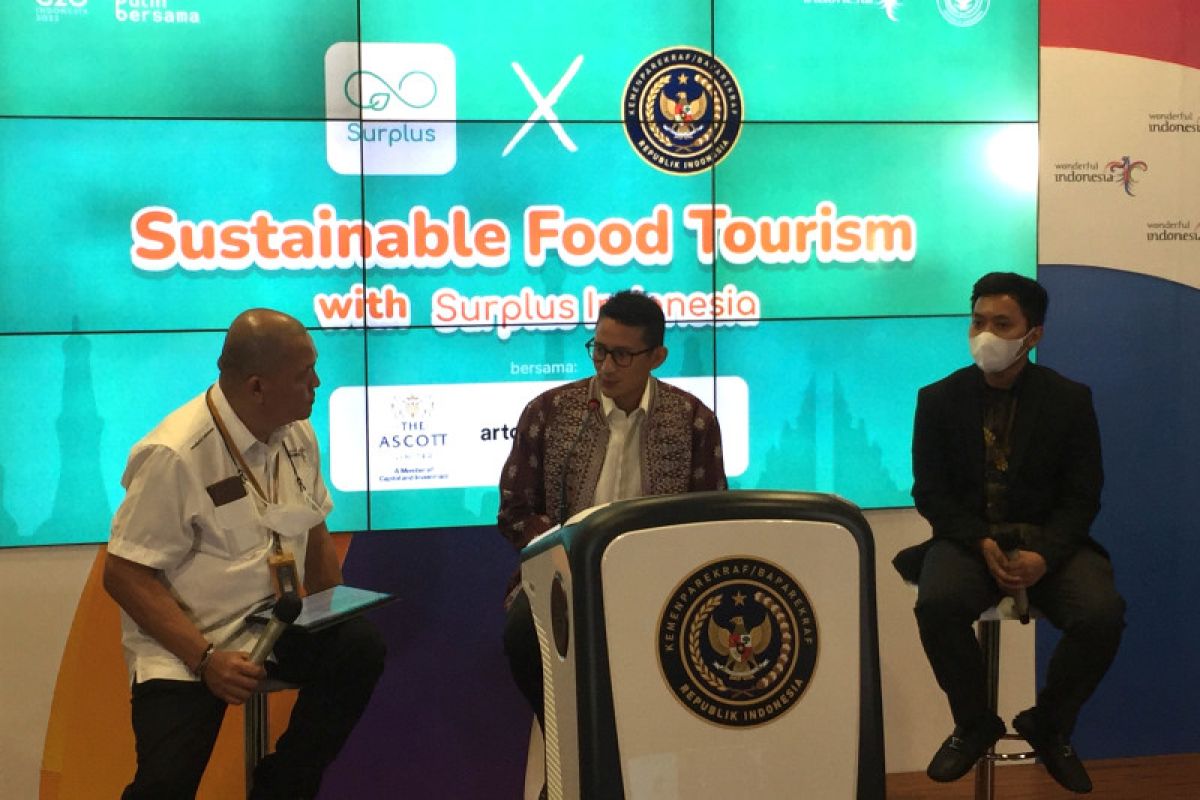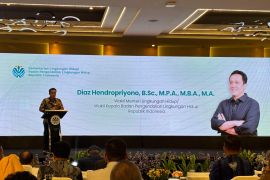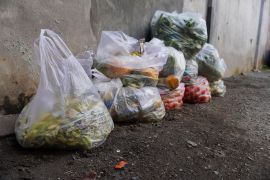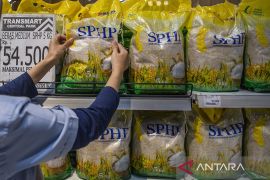This is also ironic because according to the 2021 Global Hunger Index, Indonesia's hunger level is ranked third in Southeast Asia, but we are wasting our foodJakarta (ANTARA) - The Tourism and Creative Economy Ministry along with start-up company, Surplus Indonesia, launched the Sustainable Food Tourism Program in collaboration with several hotel industries to reduce the level of food waste and loss in Indonesia.
According to the Study of the Ministry of National Development Planning, food waste in Indonesia from 2000 to 2019 amounted to 23-48 million tons per year, or 115-182 kilograms per capita per year.
"We also learn from the former minister of culture and tourism, I Gede Ardika, who always said 'take it according to what we are going to eat, do not leave anything left,'" Minister of Tourism and Creative Economy, Sandiaga Uno, stated at The Weekly Brief with Sandi Uno received here, Tuesday.
He also remarked that Indonesia suffered economic losses of up to Rp551 trillion per year or five percent of the national gross domestic product (GDP) and lost energy content equivalent to 125 million Indonesians and increased carbon emissions due to wasted food.
"This is also ironic because according to the 2021 Global Hunger Index, Indonesia's hunger level is ranked third in Southeast Asia, but we are wasting our food. We have to cooperate with hotels and restaurants to overcome this problem," Uno affirmed.
Hence, his side is collaborating with Surplus Indonesia, The Ascott Limited-Indonesia, Artotel Group, and Swiss-Bellhotel International to reduce the rate of food waste.
CEO and Founder of Surplus Indonesia, Agung Saputra, stated that throwing away food caused financial losses and raised the likelihood of CO2 gas being produced that could increase the rate of greenhouse gas emissions.
Surplus Indonesia will bring solutions from upstream to save overstock food from the three hotel chains involved in the Sustainable Food Tourism Program.
Later, people can enjoy overstocked food from the hotel industry by paying half of the original price of the food.
"Our target in 2023 is to save more than 100 tons of food from the hotel industry that can prevent financial losses of Rp5-10 billion and prevent more than 1,000 CO2 gases from being produced from 100 tons of food," Saputra stated.
According to the Food and Agriculture Organization (FAO), food waste refers to a decrease in the quality or quantity of food at the retail, food service, and consumer levels. Meanwhile, food loss is wasted food before it reaches the consumer.
Related news: Sarinah first mall to go food waste-free, earns BPN praise
Related news: Economic problems can be addressed by handling food waste: Minister
Related news: Minister invites countries to undertake food loss, waste reduction
Translator: M Baqir Idrus A, Resinta S
Editor: Sri Haryati
Copyright © ANTARA 2022











